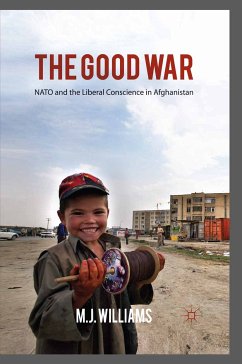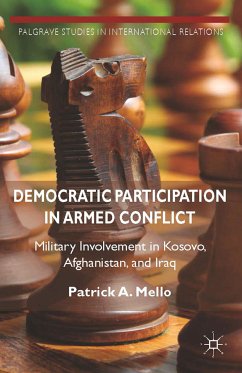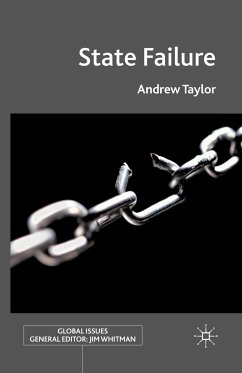Dieser Download kann aus rechtlichen Gründen nur mit Rechnungsadresse in A, B, BG, CY, CZ, D, DK, EW, E, FIN, F, GR, HR, H, IRL, I, LT, L, LR, M, NL, PL, P, R, S, SLO, SK ausgeliefert werden.
'Engaging and illuminating, Williams offers an original and stimulating take on NATO's evolution and the liberal conscience while at the same time delivering a serious reality check to advocates of democratic imperialism.' Professor Christopher Coker, London School of Economics
'An excellent and comprehensive treatment of the topic.' Conor Foley, author of The Thin Blue Line: How Humanitarianism Went to War









